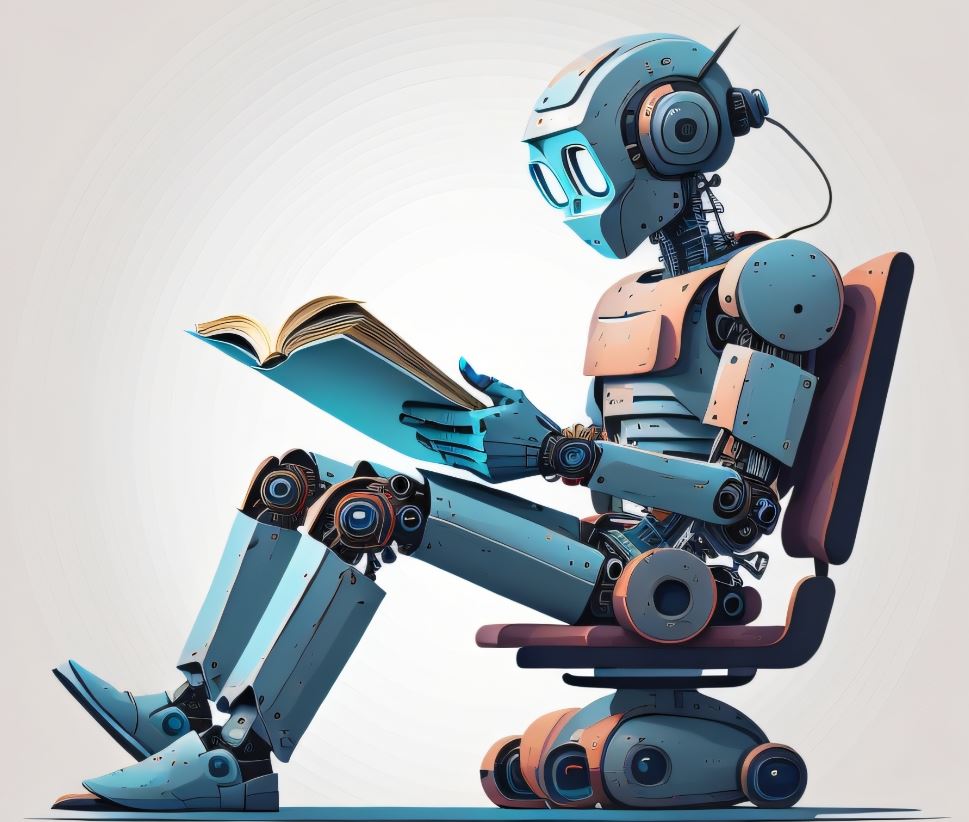To design a new AI model that better interprets the meaning of words in each context, the goal of a new UPF research project
To design a new AI model that better interprets the meaning of words in each context, the goal of a new UPF research project
To design a new AI model that better interprets the meaning of words in each context, the goal of a new UPF research project
Today, artificial intelligence tools are still not able to accurately understand the intention behind the use by different people of certain words or expressions in a specific context. This is the challenge that has given rise to the LIFE (Learning Intentions Following Evolution) project of the COLT (Computational Linguistics and Linguistic Theory) research group of the UPF Department of Translation and Language Sciences.

In recent times, the evolution of artificial intelligence has enabled creating different technological tools to generate textual or audiovisual content in different languages, based on the indications supplied by a human interlocutor. But so far, these technologies have not yet sufficiently developed their capacity to understand the intention behind people’s use of certain words or expressions in a specific situation.
This is the challenge behind UPF’s European research project, LIFE (Learning Intentions Following Evolution), which aims to refine current machine learning-based artificial intelligence (AI) technologies to advance in the genuine understanding of natural human language, based on a better interpretation of communication contexts. The project, which began in September and will run for two years, is funded by a European Commission Marie Sklodowska-Curie grant, under the EU’s Horizon programme.
A model based on continuous learning, unlike most current machine learning models, trained in one go
The goal is to develop an open evolutionary process model that is capable of learning progressively and continuously from experience, unlike most current machine learning models, trained in one go, based on data from a given period of time. The computational model would formulate hypotheses on the different intentions with which an expression can be used in a specific context, which will be corroborated or ruled out, based on the observation of reality.
The model will be developed by the COLT (Computational Linguistics and Linguistic Theory) research group of the UPF Department of Translation and Language Sciences, which has extensive experience and gained recognition in the field of computational linguistics. The principal investigator of the project is Germán Kruszewski, of the COLT research group. Kruszewski is a post-doctoral researcher with the research group, co-led by Gemma Boleda, who will also take part in this project. LIFE will have the support of the Santa Fe Institute (New Mexico), which specializes in complexity science, with which the aim is to find common mechanisms to analyse the complexity of any system in which many agents interact, adapting to each other and their (physical, biological, social, communicative, technological...) environments.
Germán Kruszewski, principal investigator: “This computational model will formulate new hypotheses about the meaning of words in a given context and only those that are useful in communication will be reproduced”
To understand the characteristics of the proposed model, a comparison could be made with the process of natural evolution. “In the same way that species generate new adaptations, which are tested through their reproductive success, this computational model will formulate new hypotheses about the meaning of words in a given context and only those that are useful in communication will be reproduced, which will allow them to be reused in the future” – Germán Kruszewski explains. The principal investigator adds that the project has three main goals: to investigate the conditions under which a system is capable of following an evolutionary process that continuously generates novelties, to design and implement a reinforcement learning system that guides the evolutionary process, and to investigate the applications of this machine learning system in situations that require inferring the meaning of linguistic expressions in specific contexts.
A reinforcement learning system: the machine will be rewarded if its hypothesis about the social meaning of a word is correct
The project will be based on the reinforcement learning model, whereby machines receive a positive (reinforcement or reward) or negative response from human interlocutors, depending on whether or not they are correctly interpreting the social meaning of a word. Based on this progressive learning, the system would mutate its algorithms to maximize the probability of finding useful concepts to interpret the social meaning of words. So, for example, this reinforcement learning system would allow machines to learn that sexist, racist or discriminatory messages in general are inappropriate, due to the negative reaction of their interlocutors.
The system will be tested with the so-called Hanabi challenge, based on a card game. The goal is to create ordered stacks of cards of the same suit. At each turn, players must decide whether to lay the next numbered card on one of the stacks or miss their go. Each agent knows the cards of the other agents, but does not know their own. To solve the game successfully, the different agents can give advice to the other players about the cards they have, but the number of clues they can give is limited and must refer to a single feature. The key is for the agents to understand why and with what intent another player gives a specific clue.
Potential future applications
The aim is for the further development of this computational model to be able to contribute to improving AI systems that process natural language, so that they are more efficient and appropriate to people’s needs. Since it learns on the go, the proposed system does not require large initial databases to develop new AI tools, and so could make it easier to start up or unblock new projects in this area. In the long term, the line of research pursued by this project could allow humans to program computers with natural language and not exclusively with programming codes, as has been the case to date.
